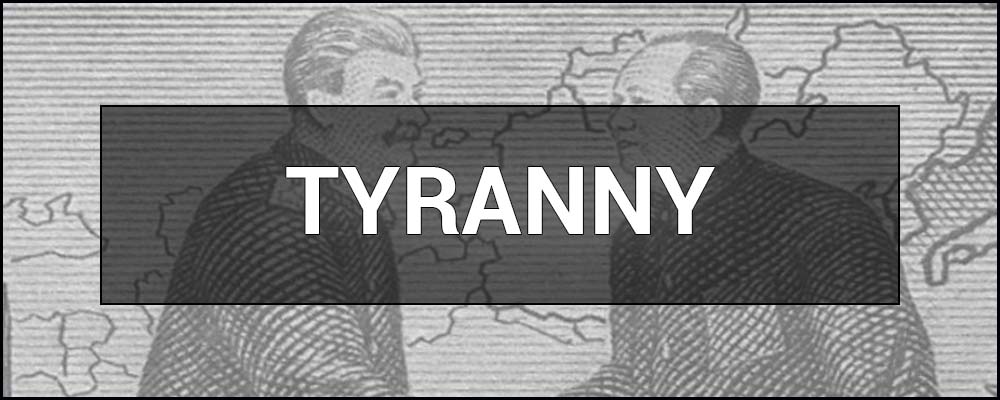Tyranny is a form of government characterized by the harsh and unfair use of power by one person or a small group of people. The concept originated in Ancient Greece, where a “tyrant” was a ruler who seized power by unconstitutional means. Over time, the term has evolved to encompass any system of government that deviates from constitutional principles, suppresses individual freedoms, and uses harsh methods to maintain control over citizens.
What is TYRANNY – definition and meaning in simple words.
In simple terms, Tyranny is when one person or a small group of people rule a country or a group of people, and do so in an unfair and cruel way.
Imagine being told that you can’t meet your friends without the permission of that person or group of people, and they can forbid you to do anything you love. It’s like a teacher who always forbids you to play during recess, even if you haven’t done anything wrong. Tyranny is when things like this happen in a whole country, and people cannot live normally and peacefully because the government is doing everything to control their lives.

Who is a Tyrant – a brief definition and characterization.
A tyrant is a ruler who exercises power in a country or over a group of people in a way that is characterized by injustice, cruelty, and arbitrary decision-making.
In history, tyrants can be found both in ancient cultures and in the modern world. A tyrant usually uses his power for personal gain or to fulfill his ambitions, ignoring the needs and rights of his subjects. He may divide his society, impose censorship, pursue a policy of repression, and use other authoritarian methods to maintain his power.
The origin of tyranny and the etymology of the word “tyrant”.
The word “tyrant” comes from the Greek word “τύραννος” (tyrannos), which meant “lord” or “ruler” who seized power by unconstitutional/illegal means.
The historical context of tyranny in ancient civilizations:
- Ancient Greece. In Ancient Greece, tyranny was associated with rulers who exercised power illegally. Often, they abolished aristocratic privileges and reformed the political system in favor of a wider spectrum of the population. However, over time, tyranny has become synonymous with lawless and brutal power. Famous tyrants of Ancient Greece include Pisistratus, Polycrates, and Phalaris.
- Ancient Rome. In Ancient Rome, tyranny was also associated with illegal power, but most often it was more political in nature. Tyranny referred to rulers who violated Roman laws and traditions in order to maintain power. In the Roman context, such rulers can be considered Julius Caesar, Sulla, and Nero, who departed from republican principles and subjugated state institutions to their power.
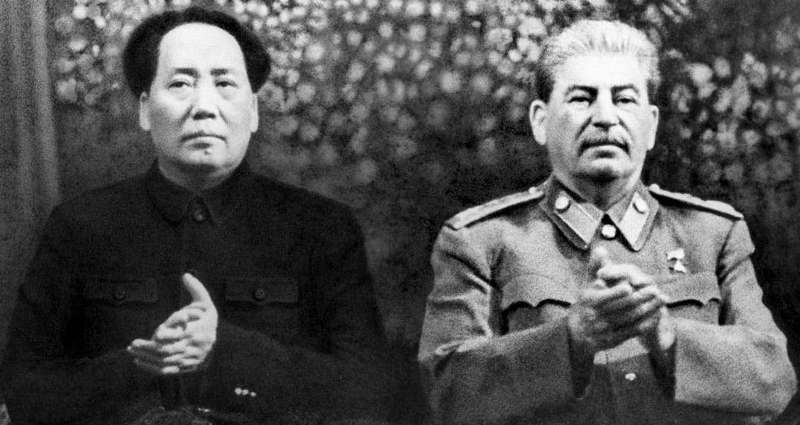
Characteristics of a tyrannical leader.
The following characteristics of a tyrannical leader help to identify such rulers in history and in the modern world, as well as to understand the mechanisms they use to secure their power and support their interests.
- Autocratic rule and suppression of dissent – tyrannical leaders usually try to eliminate any opposition forces and critical voices to ensure their control over society.
- Control of information and propaganda – Tyrannical rulers often impose censorship, control the media, and use propaganda to shape their public agenda and ensure their positive image.
- Use of fear and intimidation to maintain power – To maintain their authority, tyrannical leaders often use fear, intimidation, and repression against their opponents or the general population to force them to bend to their will.
- Human rights violations – Tyrannical rulers often violate the fundamental rights and freedoms of their citizens, including the right to life, freedom of speech, freedom of assembly, and others. Such violations may include torture, arbitrary arrests, and lack of fair trials.
- Cult of personality – Tyrannical leaders often create a cult of personality, promoting themselves as the sole savior of the nation or even as a divine figure. This helps them secure the unquestioning support and obedience of the population.
- Divide and conquer – Tyrannical leaders may use divide-and-conquer tactics by fomenting internecine conflict or hostility between different groups in the population to secure their power.
- Economic control and corruption – Tyrannical rulers may seize key sectors of the economy by establishing monopolies or distribute benefits to their supporters through corrupt schemes. In this way, they secure their power and control the national resource.
- Militarization of society – Tyrannical leaders are often involved in the militarization of society by strengthening the army and internal security forces. This allows them to secure their influence and maintain the stability of their power through force.
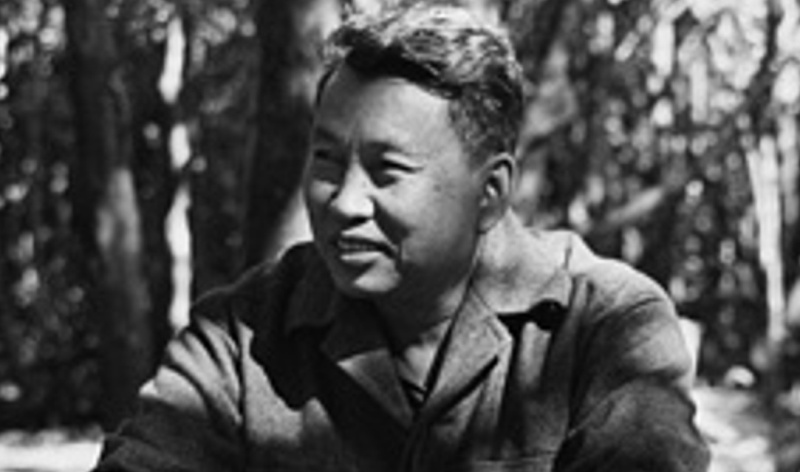
Famous tyrants in history:
- Adolf Hitler was the Führer of Nazi Germany, who pursued a policy of genocide against the Jewish people and other ethnic groups, started World War II, and ruined the lives of millions of people. During his reign, concentration camps were created to exterminate people on an industrial scale.
- Joseph Stalin was the dictator of the USSR who established a totalitarian regime, mass repression, and collectivization. Millions of people died as a result of famines, relocations, executions, and Gulag camps.
- Mao Zedong is the founder of the People’s Republic of China, known for his violent campaigns such as the Great Famine, the Great Proletarian Cultural Revolution, and the Purge of the Anti-Party Group. Millions of Chinese died because of his actions.
- Pol Pot was the leader of the Cambodian Communist Party, who revolutionized and destroyed society in an effort to create agrarian communism. He was responsible for the Cambodian genocide, which killed about two million people.
These tyrant criminals have played a catastrophic role in history for their countries and the world at large. Their actions continue to teach us an important lesson about the consequences of absolute power and the abuse of human rights. Studying their reigns and the consequences allows us to understand the importance of defending democracy, the rule of law, and humanistic values.
By studying historical examples of tyrannical rule, we can better understand the mechanisms by which tyrants take and maintain power, as well as the consequences of such rule for the people and the country as a whole. It is important to remember these criminals to prevent similar tragedies from happening in the future.
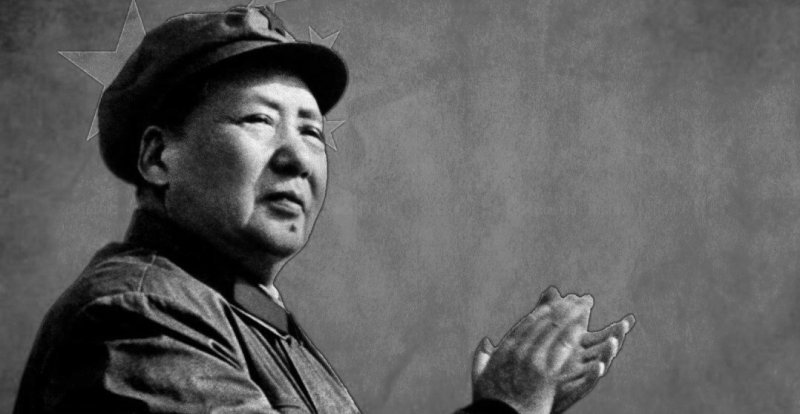
Forms of tyranny: covert and overt.
Throughout history, tyranny has manifested itself in various forms, from outright absolutism to covert control over society. Some regimes openly demonstrated their tyranny, while others used more subtle methods of influence.
Modern examples of tyrannical rule.
Even in the modern world, there are examples of tyrannical regimes. In some countries, leaders use military or political pressure to intimidate the people, while in others they control the media and the Internet, suppressing freedom of speech.
Examples of covert and overt tyranny in historical events.
History shows numerous cases of overt and covert tyranny. For example, Ivan the Terrible’s reign in Muscovy was an overt manifestation of tyranny, when he severely punished his enemies. On the other hand, covert tyranny occurred in the USSR during the reign of Joseph Stalin, when the government used secret police and censorship to control its citizens.

Definitions of authoritarianism and dictatorship:
Authoritarianism is a political regime where power is concentrated in the hands of one person or a small group.
A dictatorship is a form of authoritarianism where one leader has absolute power, often as a result of a coup or illegal seizure of power.
- Tyranny is power concentrated in the hands of one person who exercises arbitrariness, cruelty, and injustice.
- Authoritarianism is a government based on total obedience, but does not necessarily involve cruelty or arbitrariness.
- Dictatorship is a form of authoritarianism where one person has absolute power and control over the country.
It is characterized by specific power relations, individual freedoms, and the use of force.
Tyranny is often accompanied by cruelty and arbitrariness, while authoritarianism and dictatorship may be less brutal, but still restrict individual freedoms. All three concepts involve the use of force to ensure control over the people.
- Tyranny – the rule of Ivan the Terrible in Muscovy.
- Authoritarianism – the rule of Francisco Franco in Spain.
- Dictatorship – the rule of Adolf Hitler in Germany.
Understand the shades between these forms of government and their consequences.
Although tyranny, authoritarianism, and dictatorship share similarities, it is important to know the differences between them. Tyranny is typically characterized by arbitrariness and brutality, while authoritarianism and dictatorship can be less brutal and more stable. Authoritarian regimes can exist within a legal system, while dictatorships often arise as a result of illegal acts and violations of the law.

Psychological aspects of tyrannical rule.
Tyranny has important psychological aspects that affect the population and the characteristics of the tyrant. The psychological effects of tyrannical rule can include fear, depression, and apathy among the population, as well as increased aggression and other destructive behaviors.
Features of the psychology of tyrants.
Tyrants often share common psychological traits, such as high levels of narcissism, manipulative abilities, and low empathy for others. These characteristics allow tyrants to successfully control and dominate others.
How psychology can help us understand and resist tyranny.
Psychology can help us understand the mechanisms that contribute to the emergence and maintenance of tyrannical rule. Studying the psychological characteristics of tyrants and the effects of their power on the population can help develop strategies to prevent and counteract such regimes.
Overthrowing tyranny: historical examples and strategies.
There are many cases in history where tyrannical regimes have been successfully overthrown. This could be due to internal resistance of the population, external intervention, or a combination of these factors. For example, the overthrow of Nicolae Ceausescu’s regime in Romania or the fall of the Nazi regime in Germany after World War II. There are various strategies that have been used to confront tyrannical regimes, including public activism, the creation of opposition movements, economic sanctions, and external military intervention.
Examples of effective resistance movements from history.
There are many effective resistance movements in history that played a key role in ending tyranny. For example, the French resistance against the Nazis during World War II or the defiance of Polish citizens during the Solidarity movement, which led to the fall of the communist regime.
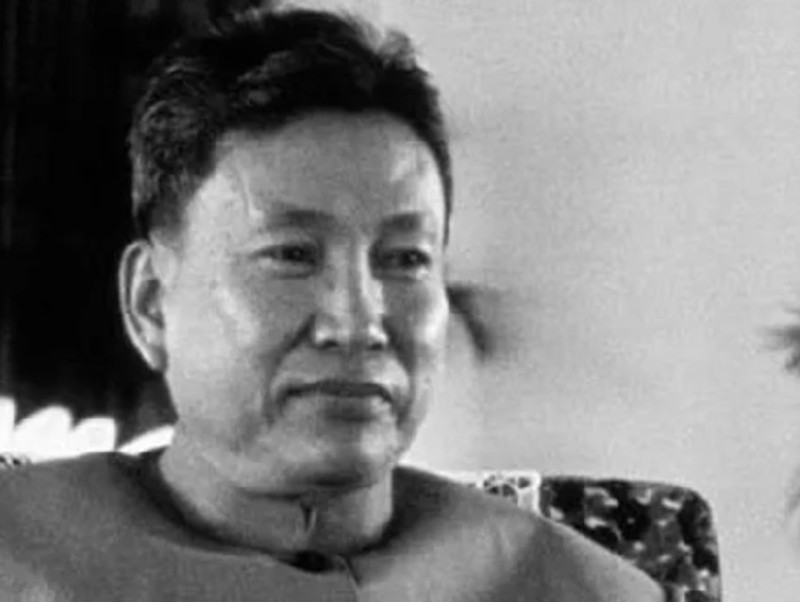
Tyranny in the family.
Tyranny can manifest itself not only at the political level, but also in family relationships. Family tyranny occurs when one family member dominates the others through control, manipulation, and isolation.
Signs and manifestations of tyranny in family relationships.
- Controlling behavior: manifested in attempts by one family member to dictate to others what to do, how to think, or whom to see.
- Emotional manipulation: the use of guilt, fear, or obligation to ensure the obedience of other family members.
- Isolation from outside support: attempts to separate other family members from friends, relatives, or professional services that can help them.
Impact on the mental and emotional well-being of family members.
Family tyranny can lead to stress, anxiety, depression, and low self-esteem among affected family members.
Strategies for addressing and overcoming family tyranny.
- Setting boundaries and ensuring that all family members respect them.
- Seeking professional help, such as psychotherapy or family counseling.
- Developing a support network that includes friends, relatives, and community.
- Learning strategies to protect yourself from manipulative and controlling behavior.

Conclusion.
In this article, we have examined various aspects of tyranny, its manifestations at different levels of life, and its impact on people. It is important to understand the historical context of tyranny, its psychological aspects, and its manifestations in family relationships. Recognizing and counteracting tyranny is of great importance in the modern world, where authoritarian regimes and manipulations still exist.
FAQ (Frequently Asked Questions):
Tyranny is a form of government in which power is concentrated in the hands of one person who exercises tight control over the population, suppressing resistance and restricting freedoms.
Tyrannical leaders are usually characterized by autocratic rule, control of information, and the use of fear and violence to maintain power.
Some of the most famous tyrants in history include Adolf Hitler, Joseph Stalin, Mao Zedong, and Pol Pot.
Authoritarianism and dictatorships also limit democracy and personal freedoms, but tyranny is characterized by more violence, fear, and repression.
Strategies to combat tyranny include public resistance, international cooperation, and military action.
Tyranny in a democratic society may be less obvious, but it is still possible if the government abuses its status and controls the legislative, judicial and other branches of government.
Recognizing and combating tyranny is important for maintaining democracy, freedom of speech, human rights, and stability in society. Failure to oppose tyranny can lead to the development of autocracy, repression, and loss of civil rights.

